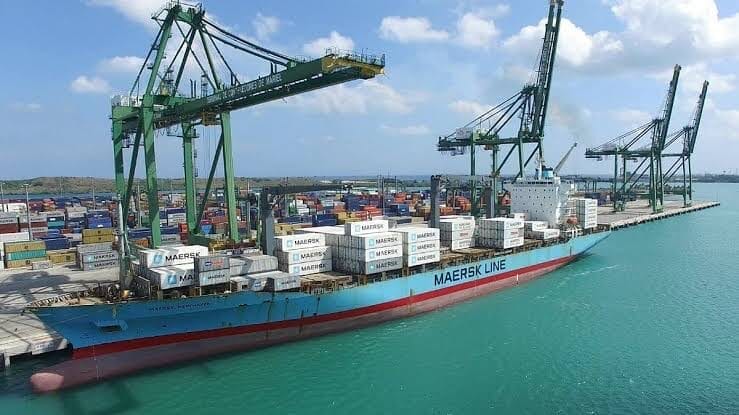The Caribbean is intensifying efforts to deepen trade and investment relations with Africa as global trade dynamics shift and traditional economic partnerships with the United States and Europe grow increasingly uncertain. At the recent AfriCaribbean Trade and Investment Forum (ACTIF2025) held in Grenada, CARICOM Secretary-General Carla Barnett emphasized the region’s commitment to strengthening South-South economic cooperation, citing the need for diversified and resilient trade pathways.
According to a report by Reuters, Africa currently accounts for less than 3 percent of CARICOM’s overall trade, a figure that regional leaders say does not reflect the potential of both markets. Trade between the two regions is currently valued at about $729 million annually, but research by the International Trade Centre and the African Export-Import Bank (Afreximbank) projects that this figure could reach $1.8 billion by 2028, and as much as $2.1 billion if supported by adequate investment in infrastructure, trade facilitation, and logistics systems.
This renewed focus comes amid a growing protectionist trend from major Western economies. The United States has introduced a baseline 10 percent tariff on most imports, including those from the Caribbean and African nations. These measures have raised alarms in small economies that are highly dependent on exports and external markets, according to a report from the Times of India. The Caribbean, whose economies are particularly exposed to tourism fluctuations and global commodity shifts, is now actively looking for more equitable and predictable trade relationships.
The shift toward Africa is supported by a number of financial and institutional initiatives. Afreximbank has committed a $3 billion credit facility to Caribbean nations aimed at strengthening trade infrastructure, improving logistics capacity, and facilitating business-to-business connections across both regions. The bank’s African Trade Centre in Barbados is positioned as a hub for promoting bilateral trade and providing tailored services such as payments processing and supply chain support, according to Afreximbank’s official announcement.
In parallel, regional payment systems such as the Pan-African Payment and Settlement System (PAPSS) and the Caribbean’s CAPSS are being developed to ease cross-border transactions and reduce the cost of doing business. According to AINvest News, these systems could lower transaction costs by up to 40 percent and improve liquidity for small and medium-sized enterprises engaged in interregional trade.
Discussions are also advancing on the possibility of establishing a formal African-Caribbean Free Trade Agreement (AfC–CARICOM FTA), with trade ministers and policy experts advocating for harmonized customs procedures, removal of non-tariff barriers, and improved visa policies. However, logistical and regulatory hurdles remain. Poor maritime and air connectivity, limited knowledge of market standards, and inadequate diplomatic frameworks have all been cited as obstacles to scaling up trade between Africa and the Caribbean, as reported by the Antigua Observer.
ALSO READ: Nigeria Moves to Expand Refining Capacity with Proposed 500,000 bpd Facility in Ondo State
Opportunities for mutual benefit span several high-growth sectors. In energy, for instance, Caribbean countries are exploring direct procurement of African petroleum products to reduce dependence on U.S.-based intermediaries. In agribusiness, exports of Caribbean rum, spices, and coffee are being matched by imports of African cereals, shea products, and processed foods. The creative economy is also gaining attention, with Afreximbank supporting initiatives in music, digital content, and fashion to create joint cultural exports, according to Semafor.
The ACTIF2025 forum concluded with a consensus on the need for concrete implementation steps. Follow-up engagements are expected in early 2026, where both CARICOM and the African Union will finalize a set of bilateral trade protocols, investment protections, and logistics frameworks. The goal, according to participants, is to move beyond symbolic engagements toward an operational trade corridor that reflects the economic realities of the Global South.
As traditional trade partners continue to prioritize domestic supply chains and implement restrictive trade measures, the Caribbean’s pivot to Africa signals a broader recalibration of global economic alliances. Policymakers believe that if backed by strategic financing and infrastructure reforms, this renewed partnership could mark a turning point in South-South trade relations.

